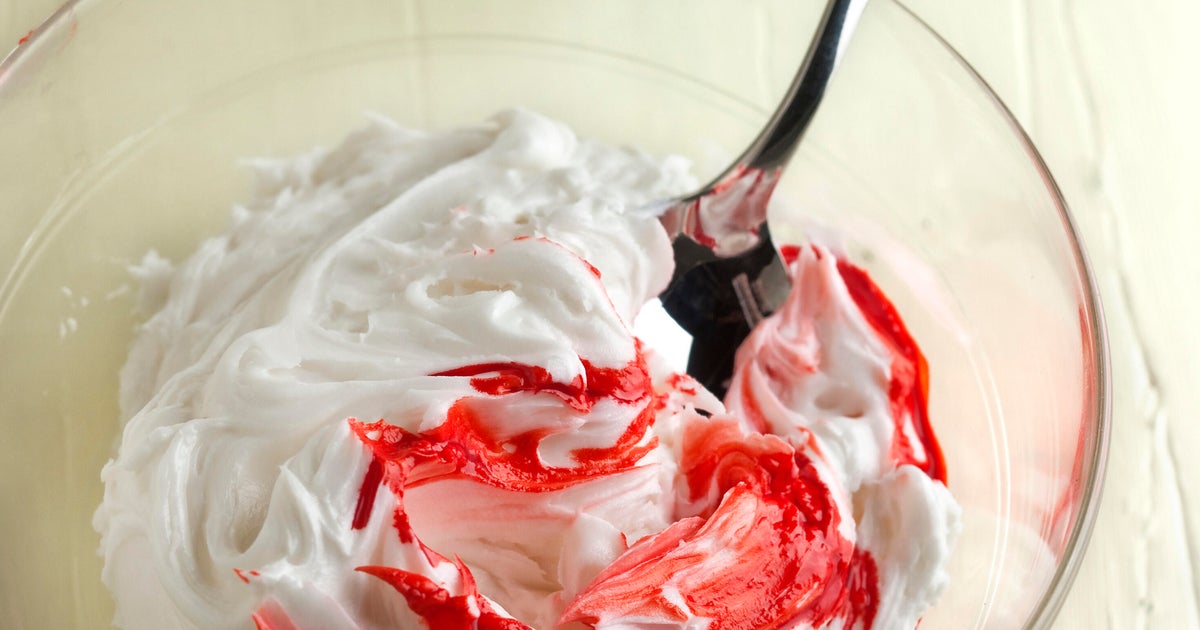
West Virginia bans 7 artificial food dyes, citing potentially harmful health effects
CBSN
West Virginia has outlawed foods that contain some artificial dyes or other additives, in one of the most comprehensive statewide bans of its kind. The move cites potentially harmful health effects and comes amid a broader push from scientists and government leaders to clamp down on synthetics in the nation's food supply.
On Monday, West Virginia Gov. Patrick Morrisey signed into law a bill that was passed earlier by legislators to eliminate seven artificial dyes — Red Dye No. 3, Red Dye No. 40, Yellow Dye No. 5, Yellow Dye No. 6, Blue Dye No. 1, Blue Dye No. 2 and Green Dye No. 3 — from food products and drugs sold in the state. The preservatives butylated hydroxyanisole and propylparaben will also be banned.
The dyes will not be allowed in meals served as part of school nutrition programs starting on Aug. 1 this year, while the dyes and the two preservatives will not be permitted in drugs and food sold in the state starting on Jan. 1, 2028, according to the governor's office.

The entire staff of the federal government's Office of Infectious Disease and HIV/AIDS Policy is expected to be laid off, multiple federal health officials told CBS News Friday. The moves are part of a broader restructuring plan ordered by Health and Human Services Secretary Robert F. Kennedy Jr. that involves cutting 20,000 HHS positions.

Pabrade, Lithuania — Lithuania's president said Friday that he hoped for "a miracle" as he visited the site of a rescue operation to recover four missing U.S. Army soldiers from their submerged vehicle. The four soldiers, assigned to the Army's 1st Brigade, 3rd Infantry Division, went missing early Tuesday morning during a maintenance mission to recover another U.S. Army vehicle in the Pabrade training area, near Lithuania's border with Belarus, during a scheduled training missing, the Army has said.

 Run 3 Space | Play Space Running Game
Run 3 Space | Play Space Running Game Traffic Jam 3D | Online Racing Game
Traffic Jam 3D | Online Racing Game Duck Hunt | Play Old Classic Game
Duck Hunt | Play Old Classic Game









